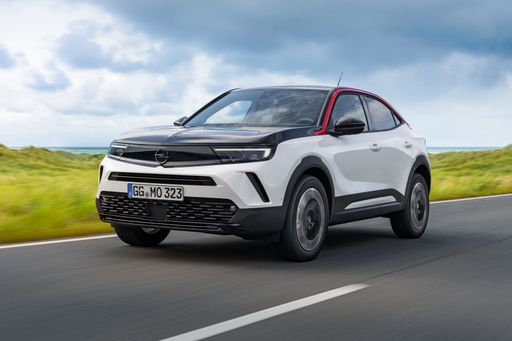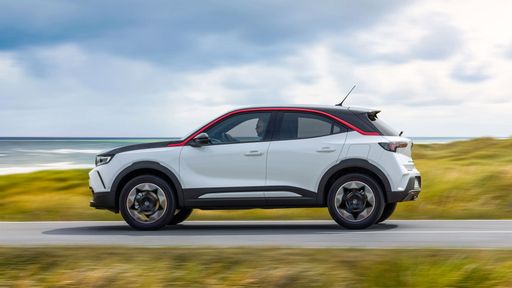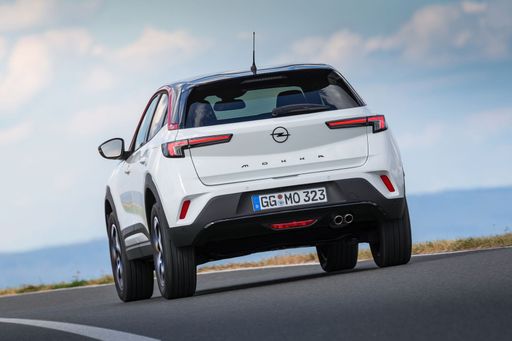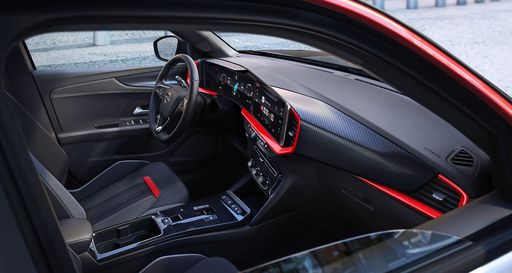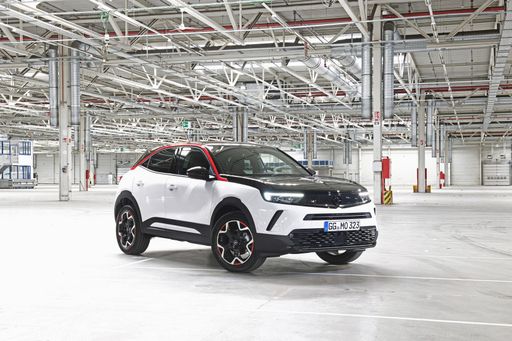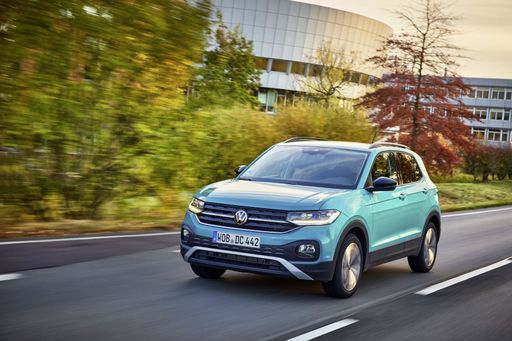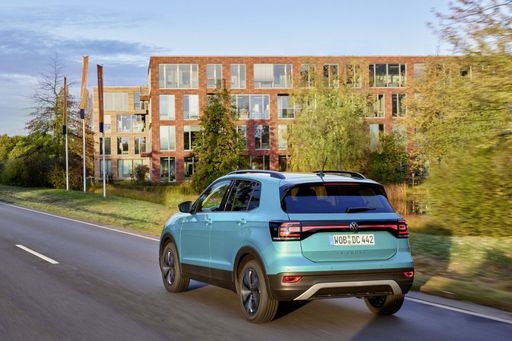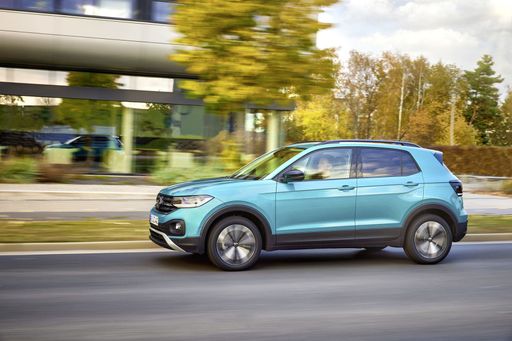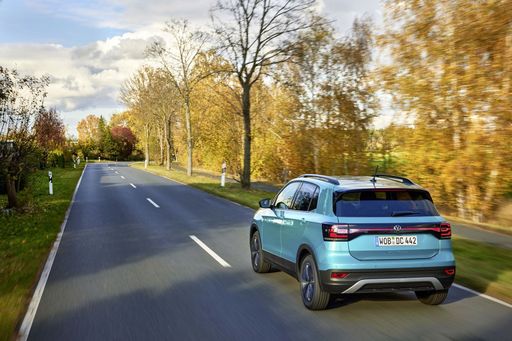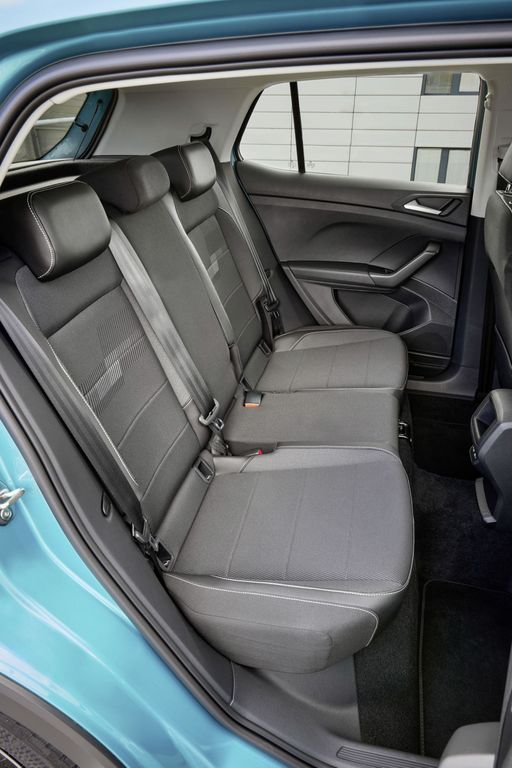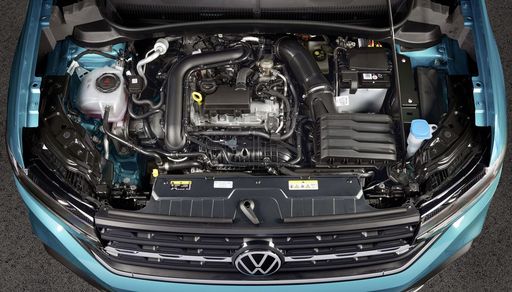Opel Mokka vs VW T-Cross: A Comprehensive Comparison
The compact SUV segment has exploded in popularity over the past few years, and two strong contenders are the Opel Mokka and the VW T-Cross. Both vehicles offer a blend of practicality, comfort, and innovative technology. In this article, we will delve into their key technical aspects, performance metrics, and recent innovations to help you decide which vehicle suits your needs best.

